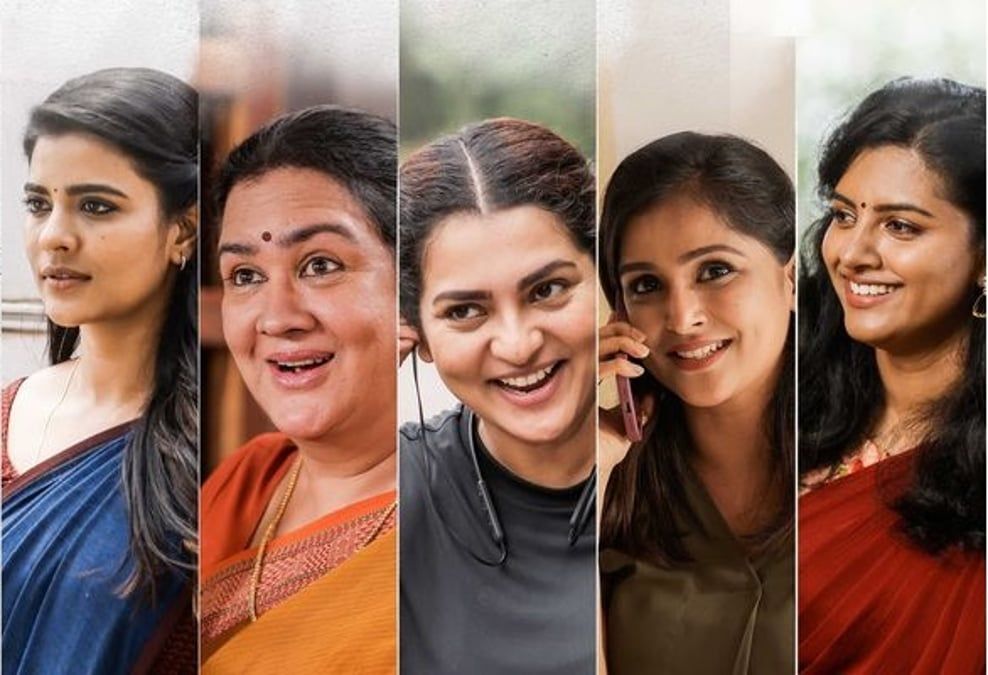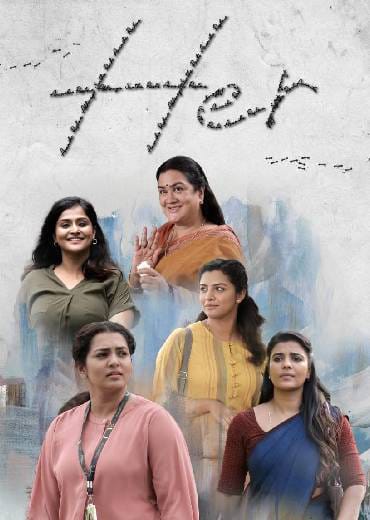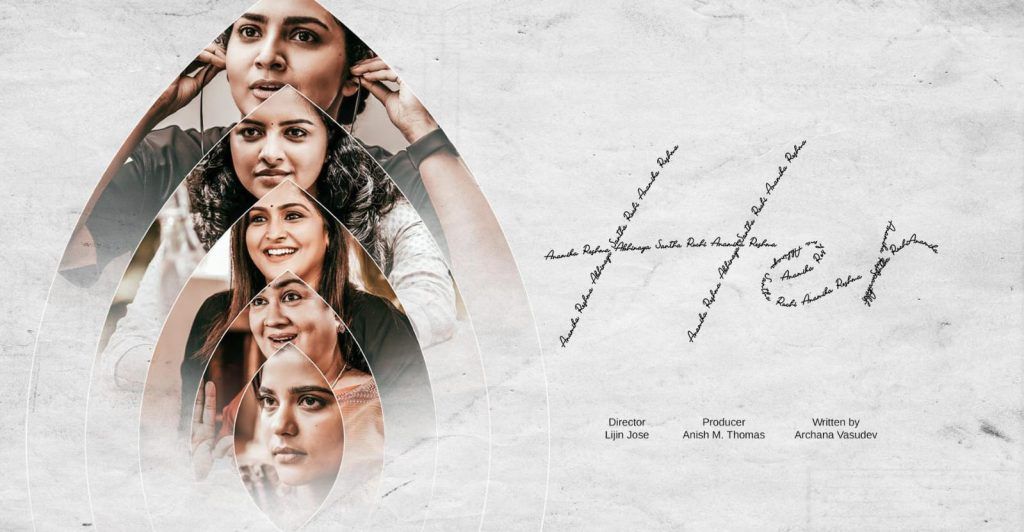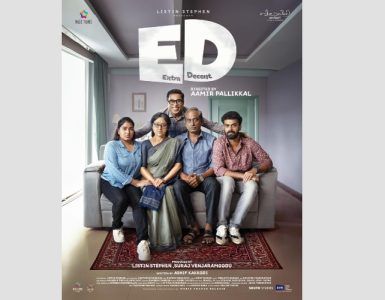“Her,” a recent Malayalam film directed by Lijin Jose and penned by Archana Vasudev, embarks on an ambitious journey to portray the multifaceted experiences of women. However, the execution falters, leaving the audience with a mixed impression. The film attempts to present multiple narratives, but the short duration of each segment hampers a deep exploration of its themes. Instead of feeling like a cohesive anthology, it often resembles a single, fragmented story that awkwardly integrates three of the five segments to address various women’s issues. While it is commendable to adopt a political stance and shed light on women’s perspectives, the film frequently communicates its messages in a blunt and overt manner, detracting from its overall impact.

One notable segment features Aishwarya Rajesh in a storyline that revolves around her character’s search for a toilet. This narrative is intended to serve as a metaphor for the intrusive behavior of men and the often unhelpful nature of fellow women in similar situations. Unfortunately, the execution comes across as contrived and superficial. The urgency of the segment prevents it from developing the character’s world or allowing the audience to connect with her on a deeper level. As a result, the segment feels rushed and lacks the necessary nuance to convey its intended message effectively.
Another segment, starring Remya Nambeesan, centers on a female film producer who also runs a YouTube channel. This storyline aims to critique the superficiality often associated with influencers and the extensive support systems behind their curated images. While the relevance of this character resonates, the portrayal falls flat due to the caricatured nature of the protagonist and the over-the-top humor that attempts to make the segment entertaining. The comedic elements, rather than engaging the audience, detract from the seriousness of the critique. Although the segment manages to deliver an unpredictable twist at its conclusion, it is insufficient to salvage the overall execution, leaving viewers wanting more depth and authenticity.
In contrast, the episode featuring the elderly couple, portrayed by Urvashi and Prathap Pothen, stands out as a refreshing and breezy narrative. This segment effectively addresses themes of fear of being replaced and the loneliness that can accompany long-term relationships. Urvashi’s nuanced performance adds a layer of depth that elevates the segment beyond the dialogue-heavy approach seen in other parts of the film. The simplicity and emotional resonance of this storyline manage to convey its intentions with clarity, making it one of the more successful segments of the anthology.
Lijomol Jose’s segment also includes a poignant moment where the protagonist’s grandmother smiles at her, signifying approval for her choices. This small but powerful gesture serves as a redeeming feature of the segment, which examines compatibility in relationships through a fresh lens. The narrative questions traditional measurements of compatibility, and the choice to have the male character initiate the relationship adds an interesting twist. This segment presents its ideas more subtly, allowing for a deeper connection with the audience.
The film’s final chapter, which features Parvathy Thiruvoth, showcases her commendable performance but ultimately succumbs to predictability. The writing leans heavily on clichés, particularly in the portrayal of “Karma is a boomerang,” leading to an overly familiar and unoriginal narrative arc. As the character faces various obstacles, these challenges feel contrived, and the motivations for her lack of communication often lack coherence. For viewers not engaged in ambient viewing, the film’s twists become apparent well before their intended reveal, detracting from the element of surprise.
Despite being told from a female perspective, “Her” does not seek to justify the behavior of its characters or excuse their flaws. Instead, it presents a range of characters, some of whom are deeply flawed and self-centered. Archana Vasudev seems to be making a statement that it is unnecessary to elevate women to idealized statuses to tell their stories. However, the execution often resorts to overt and heavy-handed messaging, which undermines the potential for relatability and emotional impact. More moments of subtlety, akin to the grandmother’s smile in Lijomol’s segment, could have enhanced the film’s resonance with its audience.
However, the narrative itself struggles to feel worthy of such an homage. Ultimately, while “Her” presents an important discourse on women’s experiences, its lack of finesse in storytelling and character development detracts from the power of its messages. The film’s ambition is commendable, but its execution leaves much to be desired, resulting in a viewing experience that feels more like a missed opportunity than a triumphant exploration of women’s stories.











